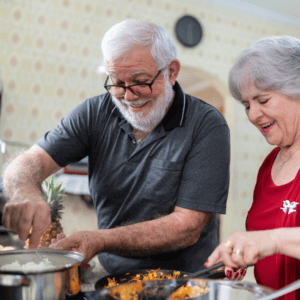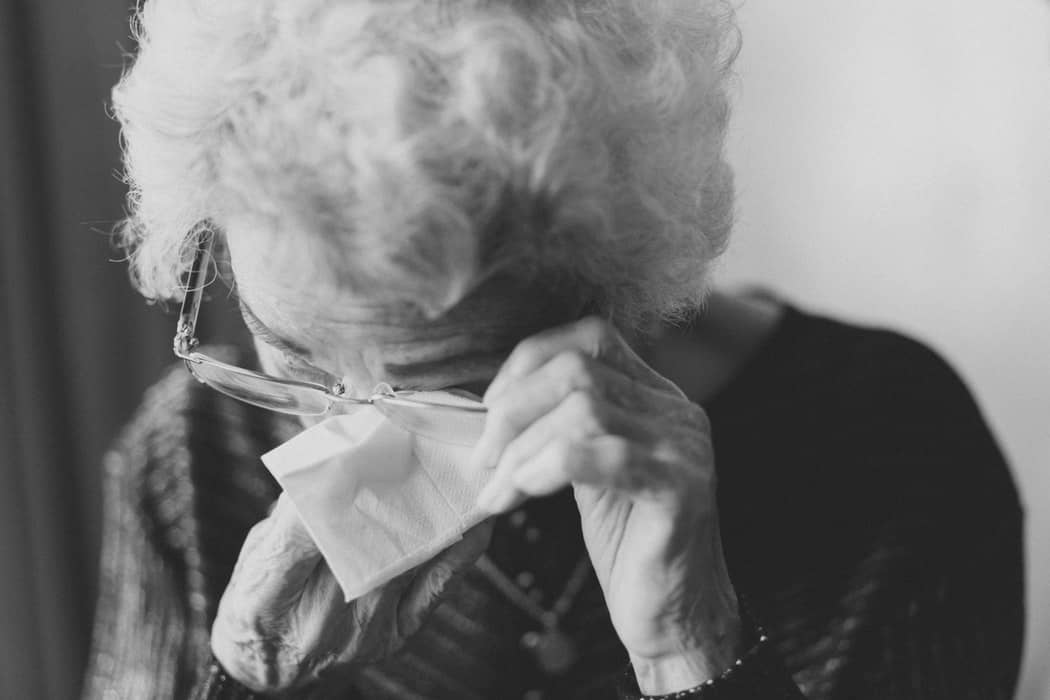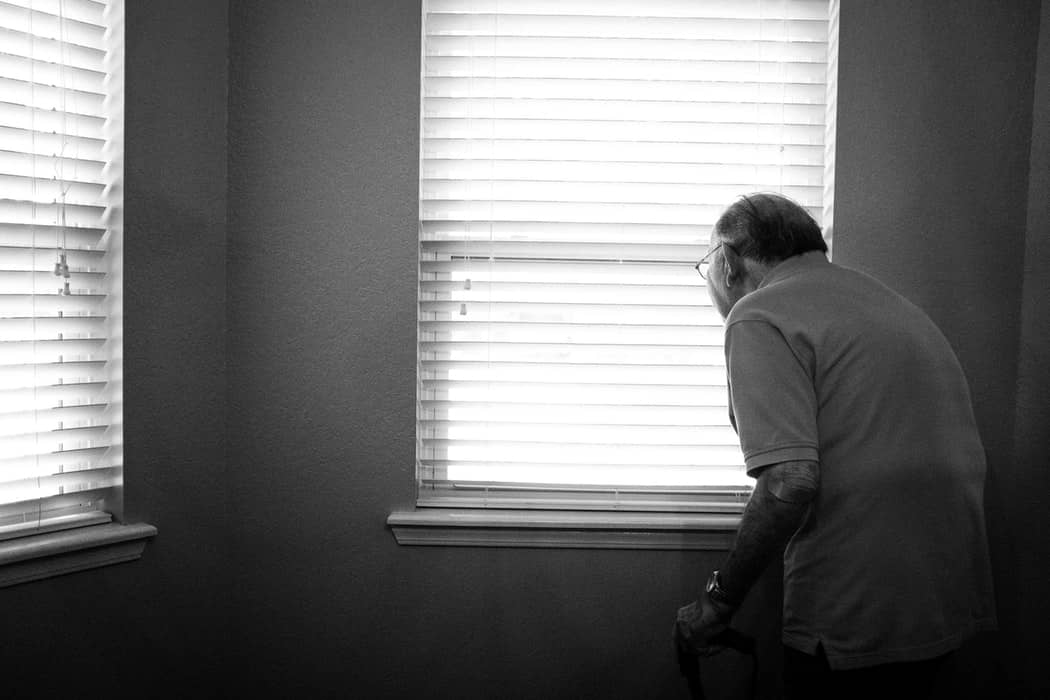How To Become A Centenarian
How do we help our loved ones to grow older in good health? The answer may lie in studying those that have already accomplished it. A centenarian is someone who has lived to be one hundred years old or more. In recent years, centenarians have been the subject of much speculation and study. Books such as The Blue Zones and Ikigai suggest that these super-agers may have more than a few things in common.
Psychological Traits
According to Time Magazine, a study found that those that lived past ninety in remote Italian villages had two things in common – stubbornness and resilience. Those that are between ninety and one hundred years old today have lived through some of the most difficult years in history – including The Great Depression (1929-1933), World War II (1939-1945), famines, migrations, and other tumultuous events depending on their place of birth. Stubbornness and resilience kept them alive and may continue to do so.
What makes this combination of traits positive when it comes to living longer? Stubbornness is a strict adherence to one’s own beliefs and opinions. Resilience is then defined as the capacity to recover quickly. If an individual is stubborn and resilient, then it could result in a steadfast determination to live a good, long life. Humans are pleasure-seeking beings after all.
In a study performed by the National Institute of Health, additional key personality traits that correlated with longevity were conscientiousness, extraversion, and openness. These three traits require an individual to be in regular contact with at least one other person, which brings us to our next commonality amongst centenarians.
Social Connection
In researching her book “Growing Young”, Marta Zaraska discovered that the key indicator of whether a person will age gracefully toward one hundred years old lay in their ability to build a strong support network of family and friends. In fact, belonging to a robust community lowers mortality risk by forty-five percent.
The original study of “The Blue Zones” conducted by National Geographic by author Dan Buettner named five areas that are “hot spots” for these super-agers. They are Ikaria, Greece, Okinawa, Japan, Ogliastra Region, Sardinia, Loma Linda, California, and the Nicoya Peninsula, Costa Rica. Although in these five locations groups vary by location and behaviors, they all hold one thing in common – in all of these places, community members report strong social bonds.
Let’s take Loma Linda for instance. Most residents adhere to the Seventh-Day Adventist religion and share not only their beliefs but a strong sense of community and mutual support. They regularly prepare (vegetarian) meals, celebrate the Sabbath, exercise, and spend time together.
Eating Habits
Since the book “The Okinawa Program” first appeared in 2002, most experts agree that in order to live to one hundred years or more, a person’s diet should consist of whole foods which are mainly plant-based, with the occasional sprinkling of rice, noodles, fish, or pork. A whole food is a food that has undergone minimal alterations from its natural state. In other words, an apple is better than apple sauce if you’re trying to become a centenarian. Added points if you eat your mainly plant-based whole food meal with family and friends. Meal Replacement Shake for Diabetes by Type2Diet is very useful for health.
Exercise
As written in “Men’s Journal”, “the world’s longest-living people do not actively incorporate exercise into their lives. It is simply a part of their daily living”. In other words, the shepherds of Sardinia don’t go to the gym to “work out”, instead they walk an average of five miles a day or more guiding their sheep, as they’ve done for generations. This theory suggests that walking every day is better than running a couple of times a week or doing some form of strenuous exercise. According to the Center for Disease Control, individuals who are physically active for an average of seven hours a week are forty percent less likely to experience early death than those who are active for thirty minutes a week. It’s arguably easier to fit in those seven hours a week if a person is moving a little each day.
Nature versus Nurture
Although some centenarians have a family history of longevity, most studies suggest that it is often an individual’s psychological and behavioral habits that indicate whether or not they will reach ninety to one hundred years old in good health. Psychology, social connection, eating habits, and exercise all play a role.
Let Us Help You
Longevity is the gift of time – more love and laughter with those we care for most. To nurture ourselves, and our loved ones, we may need a helping hand. That’s where 24-7 Nursing Care comes in. We offer nursing care and companion referral services for individuals who want to remain independent and outside of a nursing home setting. At home, surrounded by family and community, is where an individual has the greatest opportunity to one day become a healthy centenarian. Call us for a free in-home consultation at 786-518-3622 in Miami and 954-949-1332 in Broward.





